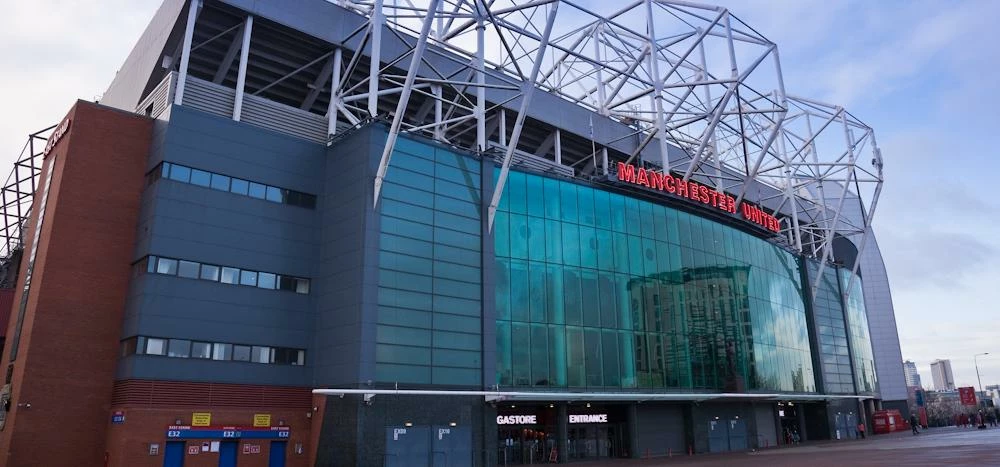
Manchester United’s quarterly profits fall 76%
Manchester United have failed to reach the fiscal highs of 2015 in their latest trading quarter.
The club’s total revenues for the three months to September 30 stood at £120.2m, down year on year by 2.8%.
Against the lowered earnings, United’s Q1 profit fell by 76% to £1.2m, while adjusted EBITDA for the period dipped by 25% to £31.2m.
MUFC’s net debt rose during the quarter to £337.7m, which is £51.5m more than the same point in 2015.
Bosses have attributed the increase to the impact of foreign exchange rate movements on the club’s USD-denominated debt.
Of Manchester United’s core revenue streams, matchday earnings saw the sharpest fall, dropping by 32.3% to £16.8m. Takings from broadcasting operations, conversely, leapt by 5.4% to £29.1m.
Commercial revenues also grew, rising by 4.4% to £74.3m.
Of the club’s commercial streams, Sponsorship and Mobile & Content both fell slightly in comparison to Q1 2015 (by 4.1% and 3.8% respectively), but Retail, Merchandising, Apparel & Product Licensing grew by 22.9% (to £27.4m).
Ed Woodward, Manchester United’s executive vice chairman, commented: “While our financial results for this quarter reflect the impact of our non-participation in the UEFA Champions League, we are pleased that we remain on track to deliver record revenues for the coming year.
“During the quarter we added a number of top quality players to our squad, which once again demonstrates our determination to challenge for trophies.”
For the full 2016/17 financial year, Manchester United expects to achieve a revenue of between £530m and £540m.
In the year to June 2016, MUFC became the first club in history to turn over more than £500m in a 12-month period.
Looking to promote your product/service to SME businesses in your region? Find out how Bdaily can help →








 £100,000 milestone drives forward STEM work
£100,000 milestone drives forward STEM work
 Restoring confidence for the economic road ahead
Restoring confidence for the economic road ahead
 Ready to scale? Buy-and-build offers opportunity
Ready to scale? Buy-and-build offers opportunity
 When will our regional economy grow?
When will our regional economy grow?
 Creating a thriving North East construction sector
Creating a thriving North East construction sector
 Why investors are still backing the North East
Why investors are still backing the North East
 Time to stop risking Britain’s family businesses
Time to stop risking Britain’s family businesses
 A year of growth, collaboration and impact
A year of growth, collaboration and impact
 2000 reasons for North East business positivity
2000 reasons for North East business positivity
 How to make your growth strategy deliver in 2026
How to make your growth strategy deliver in 2026
 Powering a new wave of regional screen indies
Powering a new wave of regional screen indies
 A new year and a new outlook for property scene
A new year and a new outlook for property scene